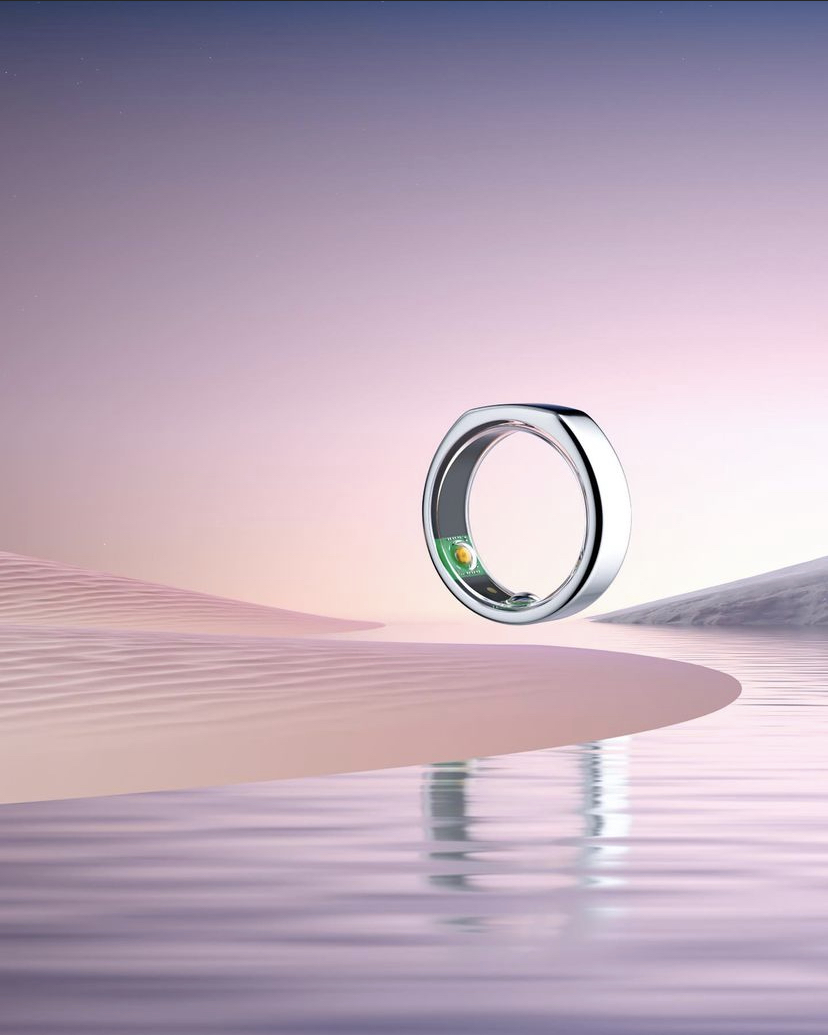
Oura smart rings are one of the newest advancements in wearable health-tracking technology.
Similar to smartwatches, Oura smart rings are able to track heart rates, workouts and sleep cycles.
The ring is compatible with Apple Health and Google Fit. It is water-resistant and only weighs about four grams, according to the Oura Ring website.
The latest version of the Oura Ring was released in November and prices range from $300 to $1,0000.
In comparison, Apple Watches range from $150–$400, Galaxy Watches range from $100-$300 and FitBits range from $50-$200.
Though it may be more convenient to just wear a small ring over a chunky bracelet while wanting to track health statistics, is it worth the price?
Dr. William Boyer, assistant professor of kinesiology, said he thinks they are a good idea, although the technology is still new.
“These rings could absolutely be a good investment to improve someone’s health,” Boyer said. “It’s important that people know what their personal health goals are, to see if the variables that the Oura smart (rings) measure are in sync with those.
“Since Oura is a relatively new technology, it would be good to continue to look at and investigate the validity and precision in what Oura claims its smart rings measure.”
Oura Ring’s website claims the ring is built with research-grade sensors to monitor temperature, stress, heart rate, activity and temperature.
The website ad also boasts that the ring has an award-winning design, 4–7 days of battery life and incredibly accurate data as “the finger is the most reliable source of heart rate data across all skin tones.”
However, Elizabeth Roe, freshman criminal justice major, said she thinks she will stick to smartwatches.
“I think watches are more useful because there are more features like texting and music on top of the features the ring has, and they are cheaper,” Roe said. “It doesn’t make that much sense to pay more for something that does less in comparison.”
Masha Sowell, sophomore psychology major, has a similar opinion.
“The price point is just too high for a ring,” Sowell said. “It’s a neat idea that a ring has the ability to track your information like your heart rate, but smartwatches are more useful. Also, smartwatches are trendy right now and most people looking for a health tracker most likely already have a watch, so they would be downgrading if they switched.
“I think maybe though if the price was lowered that more people might try it out. If it is able to cost less than a watch that could be a great reason people could reach for it instead.”
While looking for a health-tracking device fit for you, Boyer gives some tips.
“My first recommendation would be to buy something that is within your price budget that also provides you with data measures that are important to you and your health,” Boyer said. “My second recommendation would be to read studies and review papers on the precision and validity of these devices and what they claim to be able to measure.”
As Apple and Samsung have yet to release their own version of smart rings, Oura could appear to be competition.
“If the smart ring can position itself to compete with the smartwatch, then absolutely there is a strong chance the smart ring will rise in popularity,” Boyer said. “Only time can tell.”


